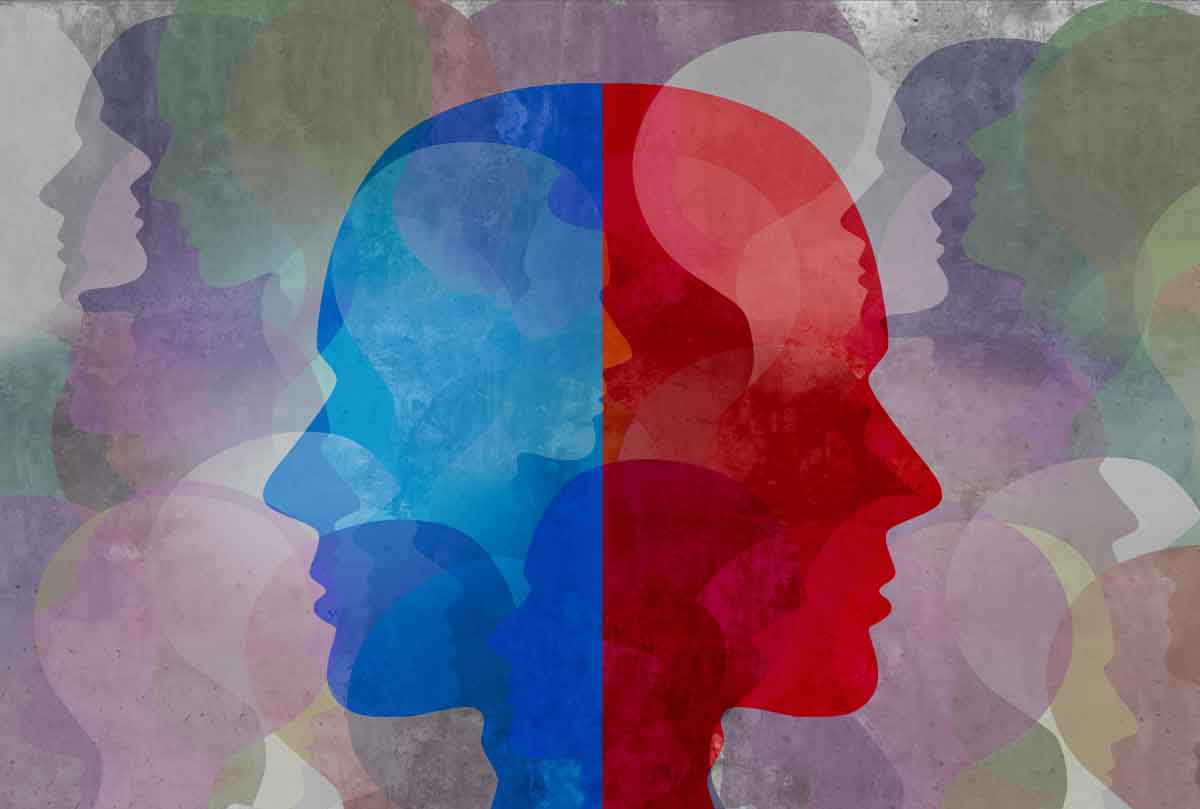The way to a human’s brain goes through their stomach: Dietary factors in major depressive disorder
This 2020 review discusses the roles of dietary factors in the risk and symptomatology of major depressive disorder (MDD). Despite being somewhat overlooked, dietary factors represent a highly promising approach towards finding new antidepressant pathways. Patients with mental disorders are deficient in various groups of nutrients such as vitamins. Also, people with major depressive disorder seem to show an imbalance of fatty acids and insufficient levels of some minerals such as magnesium and zinc. Some of these factors are relevant to the synthesis of monoamines (a type of neurotransmitter), while others are important in relation to inflammation, neuroprotection, and the production of growth factors. Mood and behavior can change in some cases when nutrient levels return to normal. Furthermore, it is possible that the consumption of supplements (or nutraceuticals) can improve major depressive disorder symptoms even if the affected person is not deficient. Whatsmore, caffeine is believed to increase behavioral and molecular markers of major depressive disorder. The authors state that the molecular structures of most dietary factors are not known, but the study of these relatively unknown factors can potentially help develop strategies for treating the symptoms of major depressive disorder. [NPID: dietary factors, major depressive disorder, depression, psychiatric disorder, vitamins, diet, minerals, fatty acids, nutrients]
Year: 2020
 Navigation
Navigation






